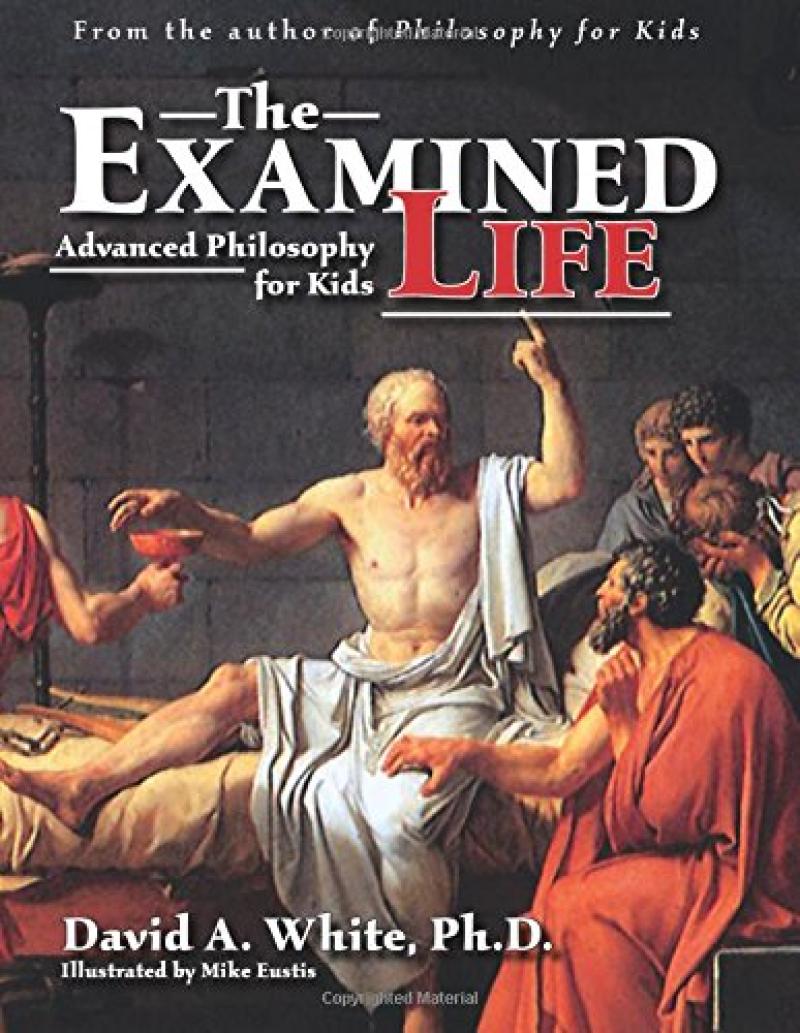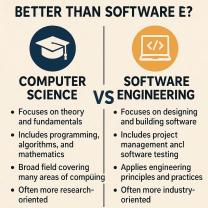What is philosophy for kids?
"Philosophy for kids" refers to an approach in education that introduces philosophical concepts and encourages critical thinking skills among children. The aim is to engage children in reflective and open-ended discussions about fundamental questions related to existence, knowledge, values, reason, mind, and language. This educational philosophy emphasizes the development of critical thinking, communication, and reasoning skills from an early age.
Key aspects of philosophy for kids include:
Interactive and Dialogical Learning:
- Philosophy for kids involves interactive and dialogical learning experiences. Children are encouraged to engage in discussions, ask questions, and explore ideas collectively.
Open-Ended Questions:
- Instead of providing definitive answers, philosophy for kids encourages the exploration of open-ended questions that promote curiosity and independent thinking.
Exploration of Fundamental Concepts:
- Children are introduced to fundamental philosophical concepts such as truth, fairness, justice, morality, and the nature of existence. These concepts are presented in age-appropriate ways.
Storytelling and Literature:
- Philosophy for kids often incorporates storytelling and literature to present philosophical ideas in a narrative form that is accessible and engaging for children.
Critical Thinking Skills:
- The primary goal is to nurture critical thinking skills, including the ability to analyze, question assumptions, reason logically, and express thoughts clearly.
Respectful Dialogue:
- Philosophy for kids fosters an environment of respectful dialogue where children learn to listen to different perspectives, express their own ideas, and consider alternative viewpoints.
Ethical Considerations:
- Discussions in philosophy for kids may involve ethical considerations, encouraging children to think about right and wrong, fairness, and empathy.
Creativity and Imagination:
- Philosophy for kids recognizes the importance of creativity and imagination in exploring abstract concepts. Activities may involve creative expression, storytelling, and imaginative play.
Philosophical Communities:
- Philosophy for kids can create communities within schools or educational settings where children can share ideas, engage in philosophical discussions, and collaborate on projects.
Incorporation into Existing Curricula:
- Some educational programs integrate philosophy for kids into existing curricula, emphasizing its role in enhancing cognitive and social development.
Philosophy for kids is not about teaching complex philosophical theories but rather about creating an environment that fosters critical thinking and encourages children to reflect on fundamental questions. By introducing philosophical concepts in an accessible and engaging manner, educators aim to equip children with valuable cognitive and reasoning skills that can benefit them throughout their lives.
Introducing philosophy to young minds: What is philosophy for kids?
Philosophy for kids, also known as philosophy with children (P4C), is a way of teaching children to think critically and philosophically about the world around them. It is based on the idea that children are natural philosophers, and that they are capable of engaging in complex philosophical discussions at a young age.
P4C is a process-oriented approach, rather than a content-oriented approach. This means that the focus is on teaching children how to think critically and philosophically, rather than teaching them specific philosophical theories or doctrines.
P4C can be used to teach children about a wide range of philosophical topics, such as:
- The nature of reality
- Knowledge and truth
- Morality and ethics
- Justice and fairness
- Meaning and purpose
Exploring approaches and resources for introducing philosophical concepts to children
There are a number of different approaches and resources available for introducing philosophical concepts to children. Some popular approaches include:
Community of inquiry: This approach involves bringing children together in a small group to discuss philosophical questions. The group leader facilitates the discussion, but the children are encouraged to share their own ideas and perspectives.
Philosophical stories: Philosophical stories are stories that raise philosophical questions and encourage children to think critically about the world around them. Some popular philosophical stories for children include "Sophie's World" by Jostein Gaarder and "The Pig That Wants to Be Eaten" by Julian Baggini.
Thought experiments: Thought experiments are hypothetical scenarios that are used to explore philosophical ideas. For example, the trolley problem is a thought experiment that is used to explore the ethics of self-sacrifice.
Tips for educators and parents on fostering philosophical thinking in kids
Here are some tips for educators and parents on fostering philosophical thinking in kids:
Create a safe and supportive environment: Children need to feel safe and supported in order to share their ideas and perspectives.
Ask open-ended questions: Open-ended questions encourage children to think critically and to come up with their own answers.
Listen to children's ideas: It is important to listen to children's ideas with respect, even if you disagree with them.
Encourage children to challenge assumptions: Children should be encouraged to challenge assumptions and to question the status quo.
Model philosophical thinking: Children learn by watching the adults in their lives. Model philosophical thinking by asking questions, sharing your own ideas, and listening to the ideas of others.
Conclusion
Philosophy for kids is a great way to teach children to think critically and philosophically about the world around them. There are a number of different approaches and resources available to help educators and parents introduce philosophical concepts to children. By creating a safe and supportive environment, asking open-ended questions, listening to children's ideas, and encouraging children to challenge assumptions, educators and parents can foster philosophical thinking in kids.
Here are some specific examples of how you can introduce philosophical concepts to kids:
Ask open-ended questions: For example, you could ask children "What is the meaning of life?" or "What is the difference between right and wrong?"
Read philosophical stories: Philosophical stories can help children to think about complex philosophical concepts in a fun and engaging way.
Use thought experiments: Thought experiments can help children to explore philosophical ideas in a hypothetical setting.
Encourage children to challenge assumptions: For example, you could ask children "Why do we assume that the world is round?" or "Why do we assume that we should always tell the truth?"
By following these tips, you can help your children to develop their critical thinking skills and to become more thoughtful and engaged citizens.













